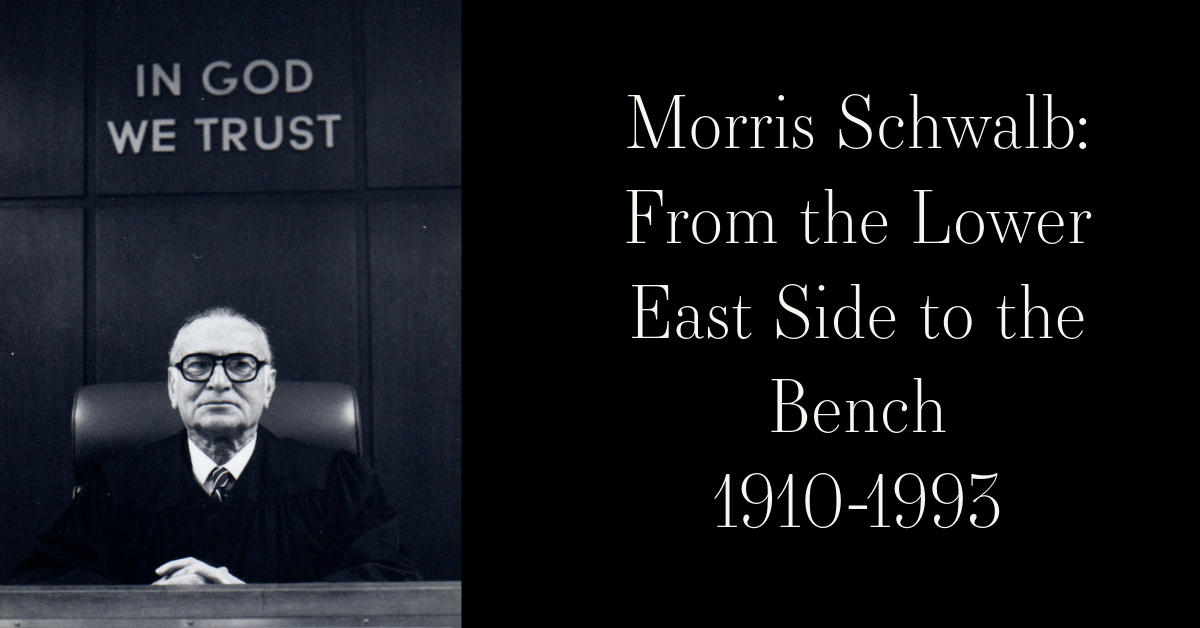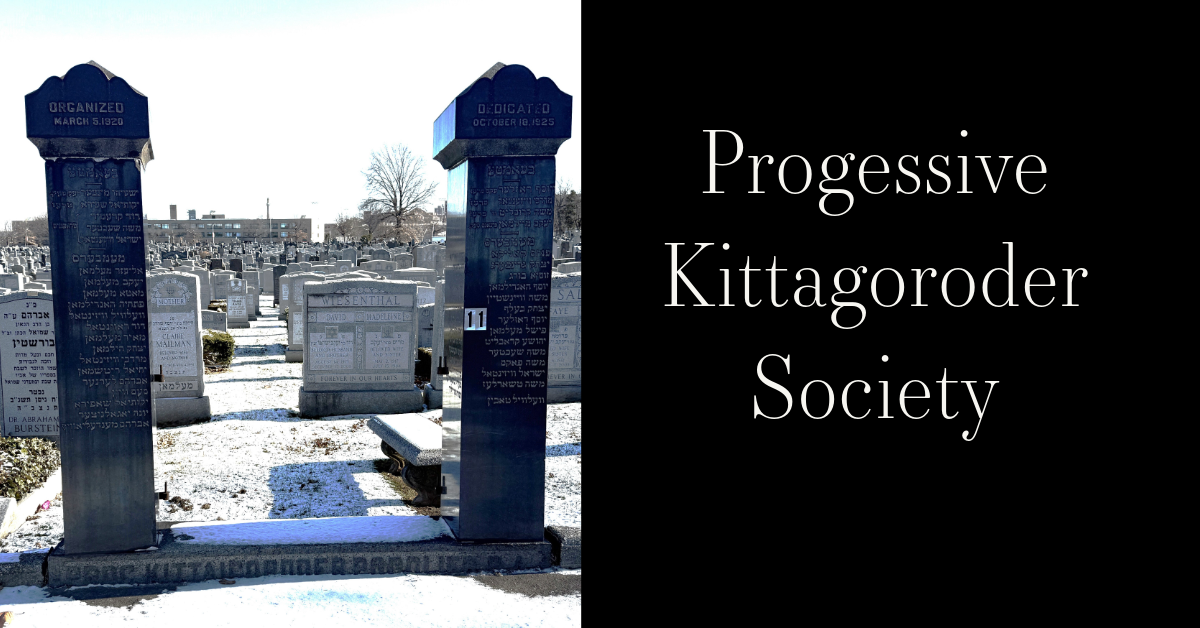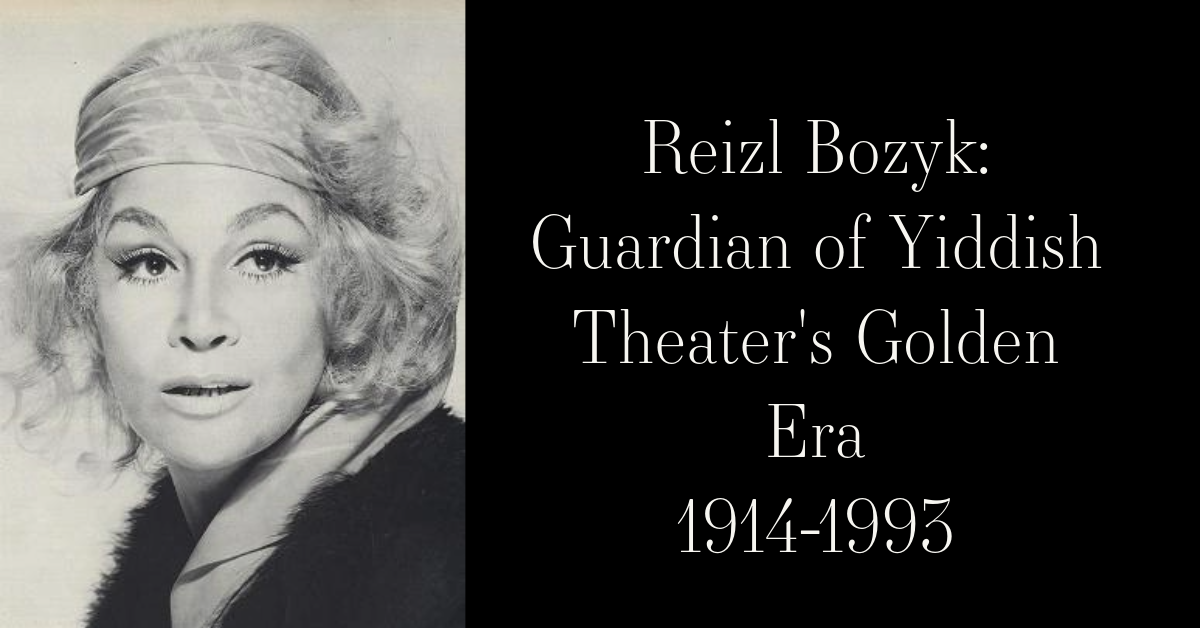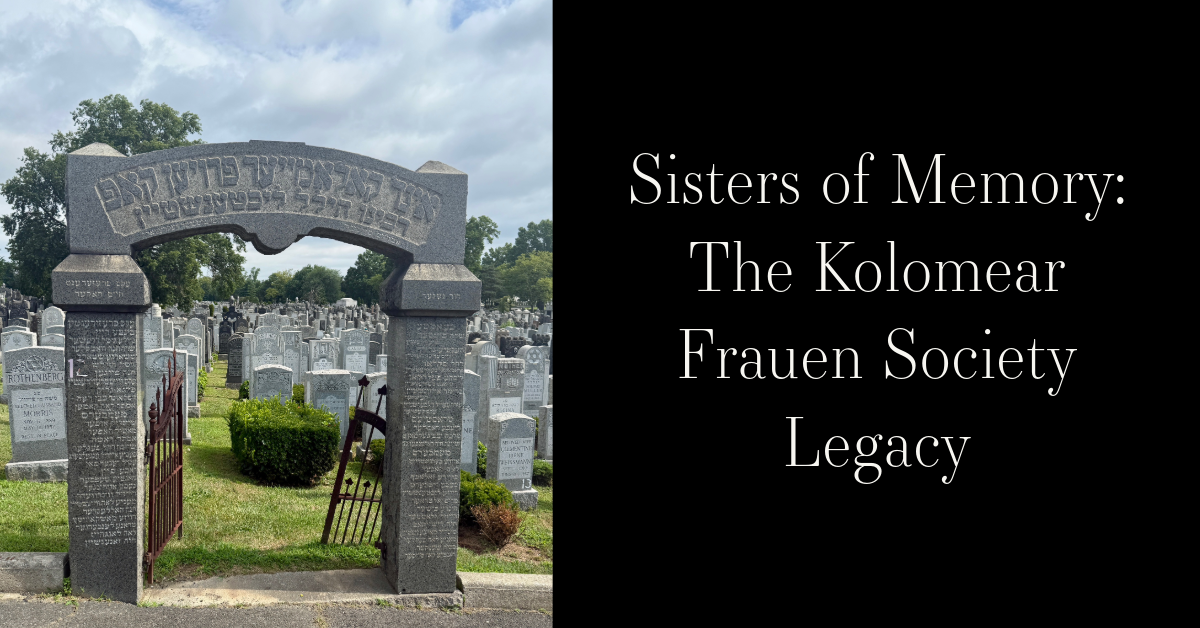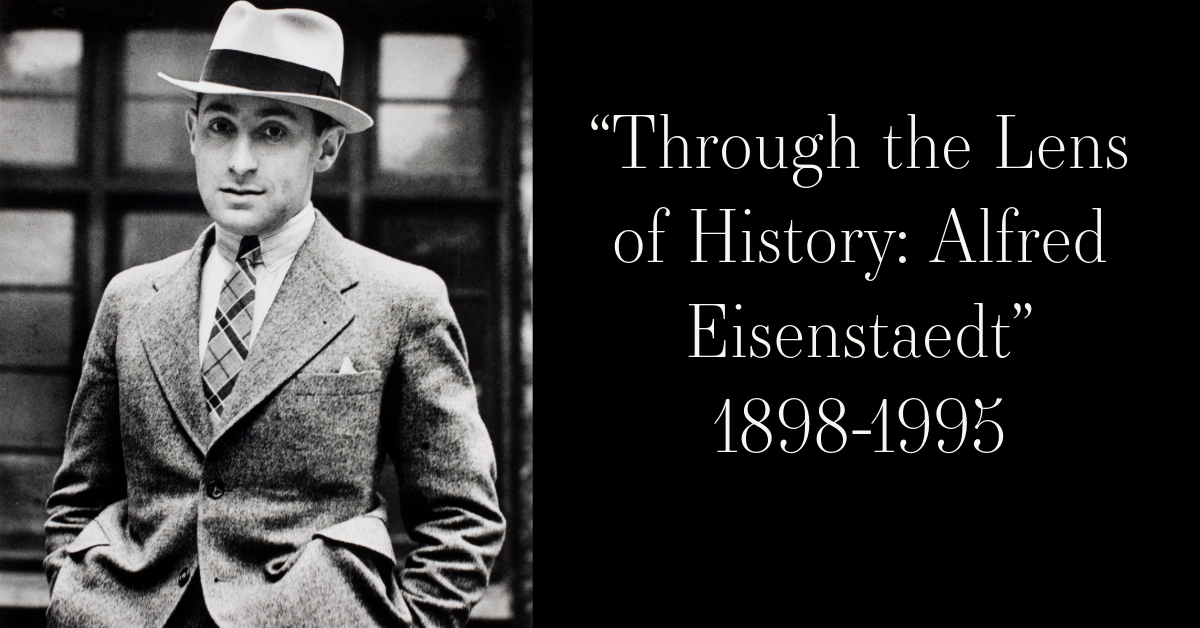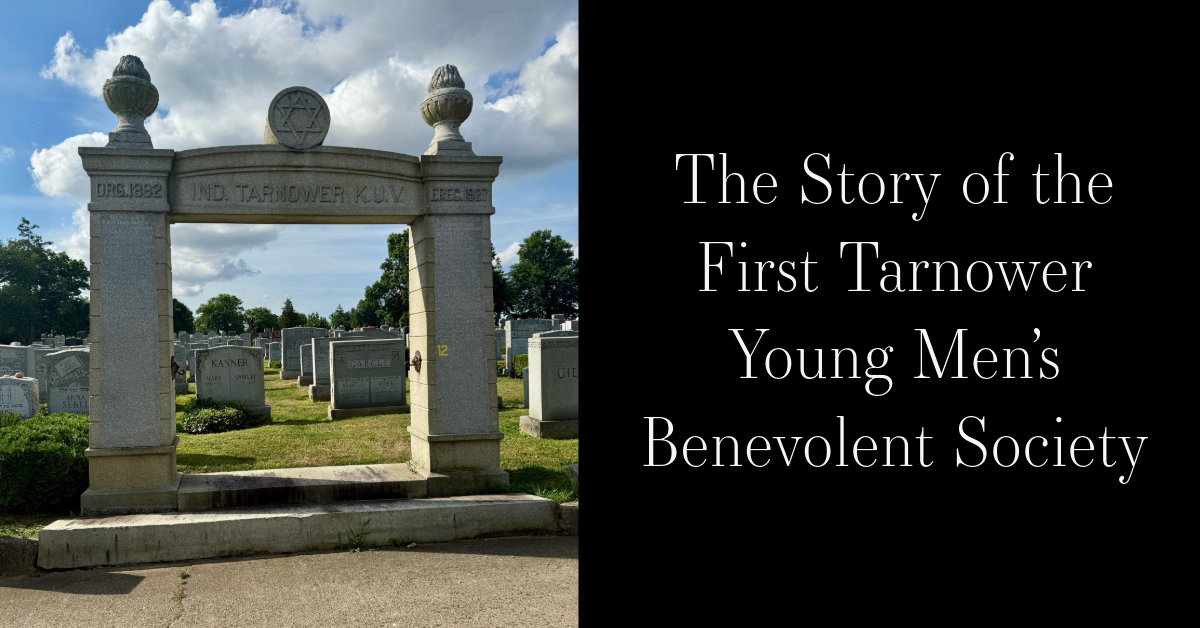Story Summary:
Seymour Rexite, also known as Seymour Rechtzeit (Jan 18, 1910, OR 1911-Oct 14, 2002), was a Polish American actor, singer, and pioneer of the American Yiddish Theater. He began as a child singing wunderkind, dazzling everyone who heard him perform. He starred and performed on radio shows for several decades throughout his career, served on Yiddish airwaves, and even sang for President Calvin Coolidge. Rexite's passion, talent, and ability to reinvent himself led to a legendary career spanning several decades.
~Blog Written by Brandon Castro
Seymour Rechzeit: Yiddish Theater Pioneer

Seymour Rexite, also known as Seymour Rechtzeit (Jan 18, 1910, OR 1911 – Oct 14, 2002), was a Polish American actor, singer, and pioneer of the American Yiddish Theater. He began as a child singing wunderkind, dazzling everyone who heard him perform. He starred and performed on radio shows for several decades throughout his career, served on Yiddish airwaves, and even sang for President Calvin Coolidge. Rexite's passion, talent, and ability to reinvent himself led to a legendary career spanning several decades.
Rexite was born in Piotrkow, Poland. He had his mother, father, brother, and sisters. He grew up with talented influences, his mother was his tutor and music teacher, his father was a cantor, and his older brother, Jack, was an actor and songwriter. He immediately made a name for himself in his homeland. He earned recognition as a child prodigy and a star among the rest. He would perform and demonstrate his talents throughout Europe at such a young age.
In 1920, Rexite emigrated to the United States with his father and older brother. He became a vaudeville child star and eventually made enough money to bring the rest of his family to America. As an 8-year-old, he was already supporting his family. However, the immigration quotas of the time prevented his mother and other siblings from immigrating. He yearned for his mother and greatly missed his family. However, the young boy had a story to tell and was about to be given the platform to broadcast it.
In such a short time, he became so popular in American culture that he got the attention of influential notables such as New York Representative Isaac Siegel. In 1923, Congressman Siegel arranged for Rexite to sing for the immigration committee in Washington. Words may have been adequate, but he proudly sang his emotional plea for the congress officials. He varied his performances in Yiddish, Italian, and English.
Some officials enjoyed his performance so much that they helped organize an invitation to perform before President Coolidge, which Rexite would perform. His older brother, Jack, wrote a song: "Bring Me My Mother From the Other Side." He wowed President Coolidge with his commanding performance. The young boy met the President, who vowed to help get his mother and siblings to America. Rexite did not even reach his teenage years, yet he accomplished so much. He gained praise in Europe and spectacularly performed for the White House so his mother and siblings could emigrate from Poland.
Some critics praised and declared Rexite as “the best juvenile voice in the world today.” By 1923, his career had been filled with glamour and allure. In his early teenage years, Rexite starred in “The Rabbi’s Melody,” a beautiful composition by fellow conductor Joseph Rumshinsky. This was his first show on Second Avenue. He spent the next few years becoming a star of Yiddish Theater. In 1930, he appeared in one of the first Yiddish talking pictures and later in the Yiddish film ''Motl der Operator'' (''Motl the Operator'').
Rexite spent the next few years playing in films, radio, Yiddish Theater, recordings, and crowded venues. He played with equal persuasion and passion everywhere he went. According to Rexite, many beautiful things happened to him in America; he performed on stage, made many records, and met his soon-to-be wife, Miriam Kressyn. He fell in love with Kressyn when they played alongside each other in a Yiddish show titled ''Marriages Are Made in Heaven.'' Kressyn was an admired Yiddish Theater actress and singer and very talented in her own right.
The couple married in 1943 and formed an iconic partnership in the Yiddish scene. Kressyn translated popular English songs into Yiddish. They recorded the tunes and performed them on their radio shows and in various venues. Rexite’s tenor and Kressyn’s inviting soprano led to immense success. They were very popular with Jewish audiences. His radio sponsors flocked for the extra exposure and advertising.
Out of all their successful shows and recordings, one, in particular, resembled the plight and nostalgia that many Yiddish stars related to. In "Jewish Matinee Time," Rexite and Kressyn reminisced about the old Yiddish Theater days through song and story. It became one of their most well-known productions. Coca-Cola sponsored one of their regular broadcasts and addressed them as "Stars of Jewish Matinee Time." They continued to ride their momentous wave while entertaining and changing people's lives for the better.
Rexite spent the rest of his career performing independently and with his wife. He even served as President of the Hebrew Actors' Union, one of the first actors' unions in the United States. The couple kept the Yiddish influence and culture relevant. Like other ethnic cultures, the Yiddish scene fought to maintain and push its strong identity and rich history. People who did Yiddish radio shows were "swimming against the current," yet that did not derail him. Rexite was on the air for about four decades.
Rexite settled down but still remained active until the very end. Kressyn passed away on October 27/28, 1996. Rexite joined her nearly six years later and had his final rest on October 14/15, 2002. The couple had no children. Rexite had a historical career starting strongly before his teenage years. He was younger than 10 years old when he was able to provide and fight for his family. Eighty years later, he continued hosting a radio show, influencing younger students, and serving as President of the Hebrew Actors' Union until his death. Despite the many obstacles, Rexite gave a platform to empower the Yiddish scene until his very last days. He accomplished more in the first quarter of his life than most performers dream of having. Mount Hebron is proud to share his historical life and legacy.

~Blog Written by Brandon Castro





